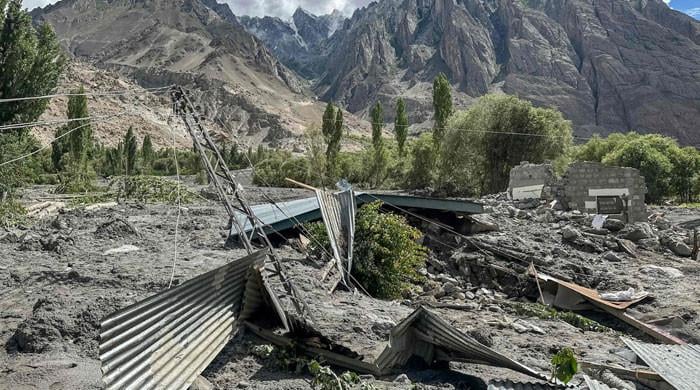Monsoon Rains Claim 272 Lives Across Pakistan
ISLAMABAD: The ongoing monsoon rains have caused extensive devastation throughout the country, resulting in 272 fatalities. Punjab has recorded the highest number of casualties, according to a recent statement by the National Disaster Management Authority (NDMA).
This announcement follows a forecast from the Pakistan Meteorological Department (PMD), predicting additional monsoon rainfall across the nation from July 28-31. The PMD has advised provincial and district administrations to implement immediate safety measures.
The NDMA detailed the extent of the damage and loss of life, reporting that 655 individuals have been injured in various rain-related incidents nationwide.
Regional Breakdown of Casualties
- Punjab: 145 deaths and 514 injuries
- Khyber Pakhtunkhwa: 64 deaths (including one woman in the last 24 hours) and 80 injuries
- Sindh: 25 deaths and 40 injuries
- Balochistan: 20 deaths and four injuries
- Azad Jammu and Kashmir (AJK): Two deaths
- Islamabad: Eight deaths and three injuries
Demographic impact
Among the deceased, 93 were men, 47 were women, and 132 were children. The injured include 257 men, 182 women, and 216 children.
Furthermore, the deluge has damaged 1,192 residences and resulted in the loss of 367 livestock.
Weather Forecast and Warnings
The Met Office indicates that weak monsoon currents are still affecting the upper and central parts of the country and are expected to gain strength with an incoming westerly system on July 29.
Widespread rainfall, accompanied by heavy showers and thunderstorms, is anticipated in numerous areas.
Northeastern and southern Balochistan are projected to experience thundershowers and isolated heavy rainfall starting July 29, impacting regions such as Quetta, Zhob, Khuzdar, and Lasbela.
Sindh will primarily experience hot and humid conditions; however, areas like Dadu, Tharparkar, and Sukkur might see rainfall on July 30 and 31.
The PMD has issued warnings for potential flash floods in the hilly regions of KP, northeast Balochistan, Punjab, and Kashmir, as well as urban flooding in vulnerable areas of Lahore, Islamabad, Rawalpindi, and Sialkot. Landslides and mudslides may disrupt transportation in Murree, Galiyat, Gilgit-Baltistan, and other mountainous terrains.



Comments (0)
No comments yet. Be the first to comment!
Leave a Comment